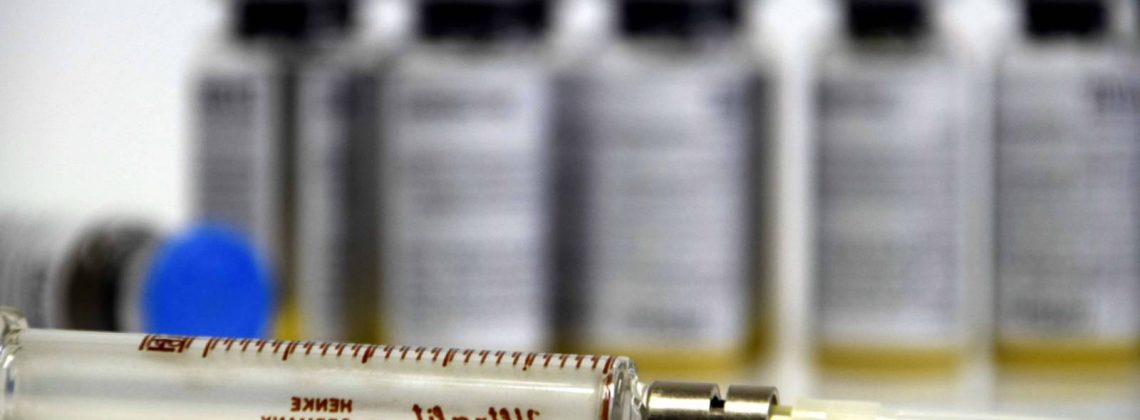Exercise is a big part of living a physically healthy life, but could regular cardio and weight training also provide a positive boost to your mental attitude? Researchers have gathered evidence that suggests that people experiencing mental health issues want to exercise more, and want their doctors’ help to use physical activity to relieve their anxiety.

In a collaboration between Michigan State University and the University of Michigan, a survey of 295 patients currently receiving treatment at a mental health clinic was conducted to gather information about their attitudes towards exercise. Of this group, 85% reported that they would like to exercise more, and 80% believed that exercising improved their mood and helped to calm their anxiety. More than 50% of those surveyed also stated that their mood limited their ability to exercise, providing insight into a way therapists and physicians can better support their patients.
“Physical activity has been shown to be effective in alleviating mild to moderate depression and anxiety. Current physical activity guidelines advise at least 30 minutes, five days a week to promote mental and physical health, yet many of those surveyed weren’t meeting these recommendations,” says Carol Janney, lead author of the study and an assistant professor of epidemiology at Michigan State.
In the future, therapists and psychiatrists may provide prescriptions for exercise, or enlist the help of personal trainers to provide their patients with optimal treatments for their mental health.
For the full write up, click here.
To read more study specific information, click here.






